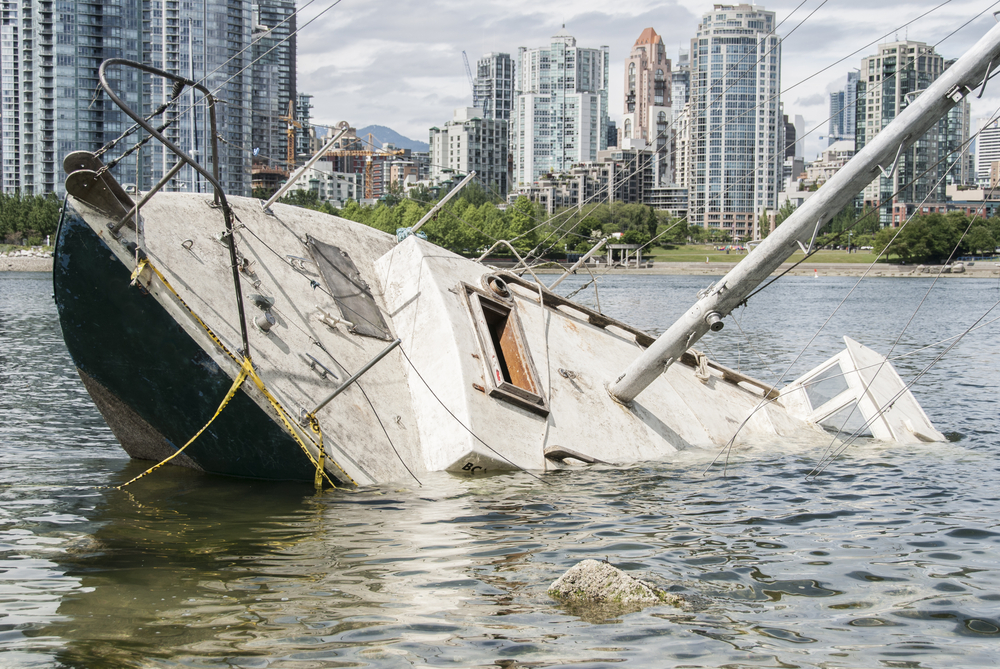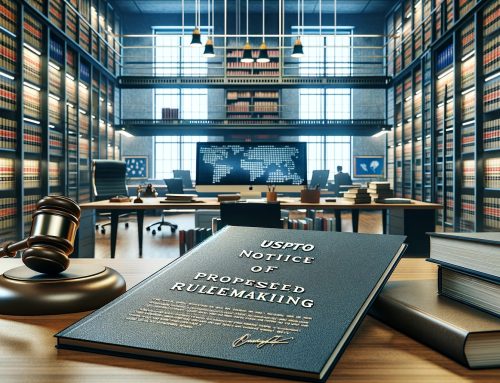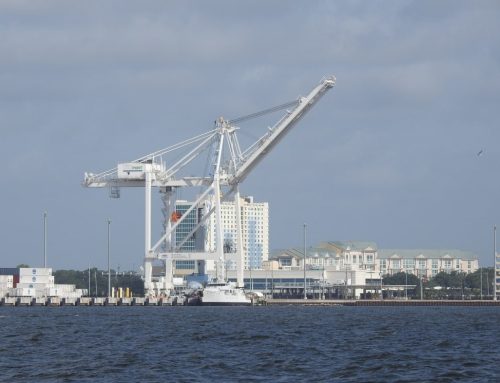A maritime lawyer is a legal professional who specializes in the legal field known as maritime law or admiralty law, which deals with legal matters concerning shipping, navigation, and activities in international waters.
In the United States, maritime lawyers serve various functions by helping individuals deal with various legal matters such as maritime accidents, cargo disputes, marine insurance, or environmental regulations. Maritime lawyers play a crucial role in solving disputes and maintaining order in the maritime industry, providing legal guidance and representation for their clients.
Understanding Maritime Law
Maritime law encompasses a broad range of legal issues related to maritime activities, including trade, commerce, and navigation on domestic and international waters. Maritime law extends into matters such as:
- Salvage operations
- Cargo disputes
- Maritime accidents
- Marine insurance
Maritime law emerged since ancient times as a means to regulate maritime trade, resolve disputes, and establish various principles governing maritime activities. In the modern world, maritime law has evolved to address even more challenges, such as piracy, environmental concerns, and technological advancements.
In the case of sea workers or injured seamen, maritime law acts as the basis on which workers are guaranteed the same rights as workers’ compensation in certain instances and if they meet specific criteria. The role of maritime law is ultimately to ensure the safety and security of all sorts of maritime operations.
Common Maritime Legal Matters
Several issues can occur in the maritime industry. This is when maritime attorneys step in to solve various disputes and other legal matters. A maritime lawyer, for example, may handle maritime accidents, such as collisions, shipwrecks, or other instances of personal injury on navigable waters.
In these matters, maritime attorneys help determine liability and assist injured parties in pursuing compensation. In cargo disputes, maritime lawyers help shipping companies by ensuring that they comply with maritime regulations, help negotiate and draft maritime contracts, including shipbuilding contracts and marine salvage contracts, or help negotiate disputes in charter party agreements. Other issues, such as loss, damage, non-payments, or issues related to pollution, offshore drilling, or protected marine areas, are also handled by maritime lawyers.
All maritime contracts, marine insurance claims, maritime employment disputes, or compliance with international maritime regulations are handled by maritime attorneys. If you have been injured on the job while performing your maritime duties, you can contact a maritime lawyer to learn more about the legal processes involved.
A maritime injury lawyer can offer you legal guidance and representation, protect your rights, and give you a fighting chance at receiving a fair resolution or assist with disputes in international waters, environmental litigation, marine insurance, compliance, or other disputes.
Role and Responsibilities of Maritime Lawyers
As maritime legal matters vary and tend to be complex, maritime lawyers come as legal advisors, negotiators, and litigators in an effort to provide comprehensive legal counsel to individuals, businesses, and organizations engaged in maritime activities.
An attorney who specializes in maritime law can draft maritime contracts, handle negotiations, investigate accidents, represent clients in court, and assist with dispute resolution in various ways, including arbitration or mediation.
A maritime attorney’s highest responsibility is to ensure compliance with relevant maritime laws and regulations and protect their client’s interests throughout the legal proceedings. To specialize in maritime law, a maritime attorney must understand international maritime law, shipping and admiralty law, environmental law, and contract law, be well-versed in various dispute resolution methods, and have a solid understanding of the industry’s practices, norms, and regulations.
Some examples of law principles and regulations that maritime lawyers should have extensive knowledge about include the United Nations Convention on the Law of the Sea (UNCLOS), the Jones Act, the Longshore and Harbor Workers Compensation Act, Maintenance and Cure, or Death on the High Seas Act.
When to Contact a Maritime Attorney
Whenever someone deals with maritime contract disputes, pursues maritime personal injury claims, suffers recreational boating accident injuries, or needs assistance drafting maritime contracts and abides by general maritime law, federal law, or international laws, they may seek the help of a maritime lawyer.
No matter what type of maritime injury or maritime accident you may have suffered, all maritime injuries are susceptible to maritime law, and you may be eligible for compensation. A maritime law firm can help injured individuals, vessel owners, maritime workers, offshore workers, businesses, and organizations protect their rights and interests and guide them through the complex legal proceedings that fall under maritime law.
Maritime lawyers are instrumental in upholding admiralty law principles and ensuring the maritime industry’s smooth functioning.







